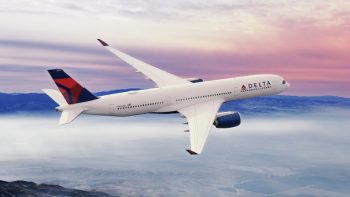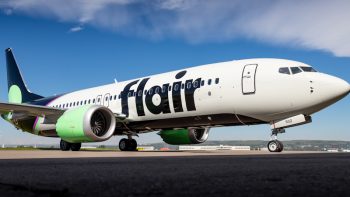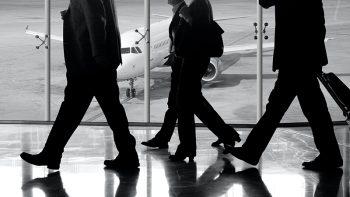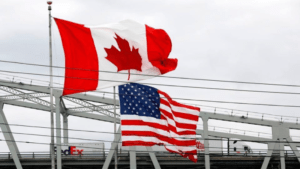 Delta Air Lines CEO Ed Bastian is repeating the call for the U.S. Justice Department to prosecute unruly air passengers and place them on a “no-fly” list in a letter to U.S. Attorney General Merrick Garland on 04FEB.
Delta Air Lines CEO Ed Bastian is repeating the call for the U.S. Justice Department to prosecute unruly air passengers and place them on a “no-fly” list in a letter to U.S. Attorney General Merrick Garland on 04FEB.
"In addition to the welcome increase in enforcement and prosecutions, we are requesting you support our efforts with respect to the much-needed step of putting any person convicted of an on-board disruption on a national, comprehensive, unruly passenger "no-fly" list that would bar that person from traveling on any commercial air carrier," Bastian wrote.
"This action will help prevent future incidents and serve as a strong symbol of the consequences of not complying with crew member instructions on commercial aircraft.”
As Open Jaw reported, in SEP 2021, Delta asked other U.S. air carriers to share their “no-fly” lists with the airline, as “a list of banned customers doesn’t work as well if that customer can fly with another airline.”
However, an Airlines for America spokesperson clarified that implementing a shared list may come with legal and operational challenges.
U.S. Transportation Secretary Pete Buttigieg said in OCT 2021 that a federal no-fly list for unruly air passengers "should be on the table." The existing federal no-fly list is used to prevent terrorism.
Delta’s repeated call for a “no-fly” list comes after a sharp rise in “air rage” incidents during the pandemic. 2021 was the worst year on record for unruly passenger behavior, according to Federal Aviation Administration (FAA) data.
5,981 reports of unruly passengers were logged by the FAA as of 31DEC, with 72 per cent of reports, or 4,290, mask-related incidents. As of 01FEB, there have been 323 reports of unruly passenger behavior so far in 2022, according to FAA data. Of those, 205 were mask-related.
This comes just over a year since the FAA implemented its ‘Zero Tolerance’ policy of any unruly behavior on U.S. flights in JAN 2021.
According to CNN, the unruly passenger rate has dropped “about 50 [per cent]” since record high numbers in 2021, but the FAA notes “there remains more work to do.”





